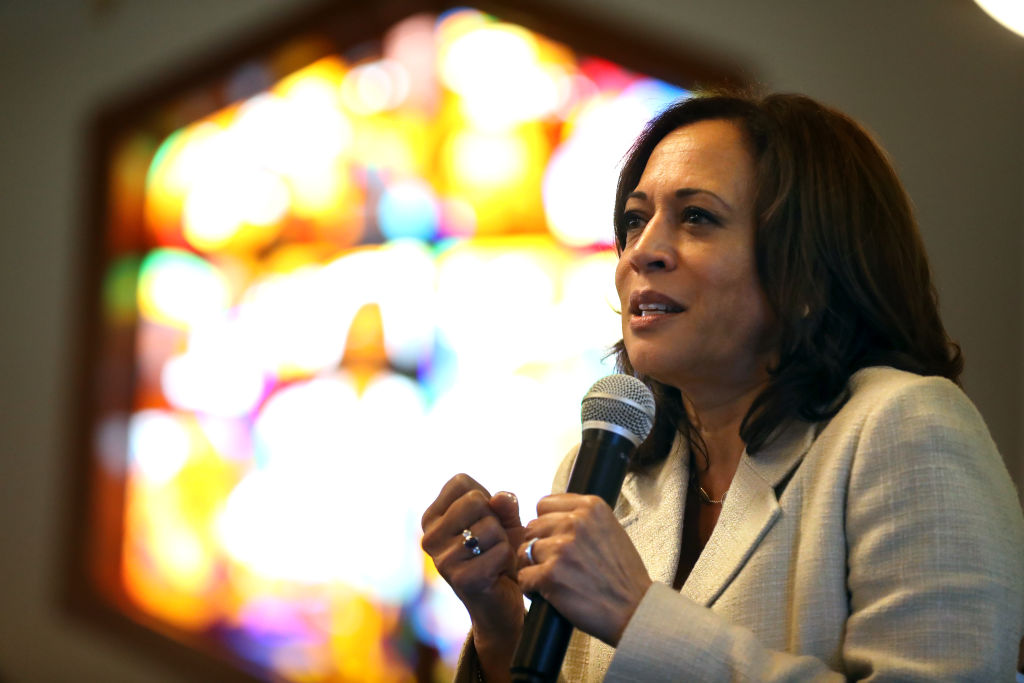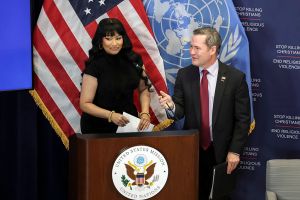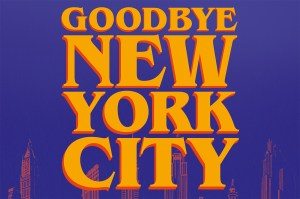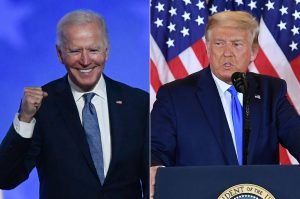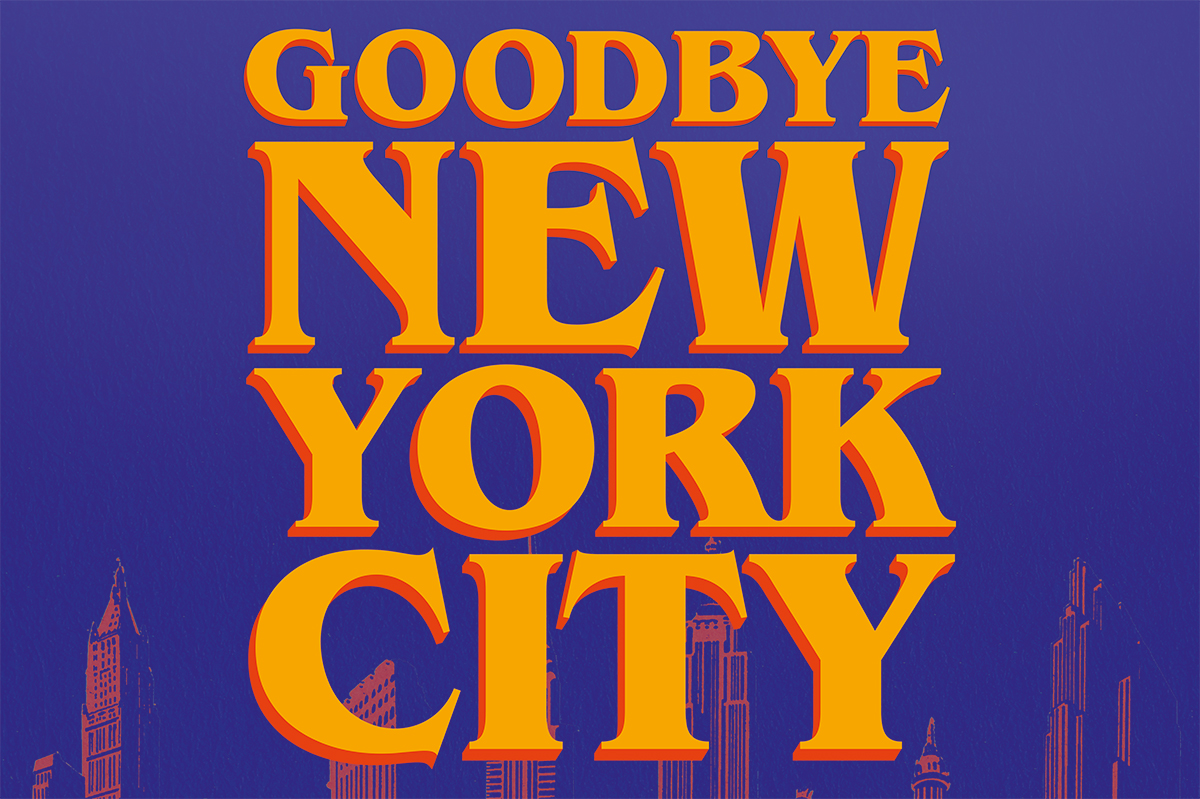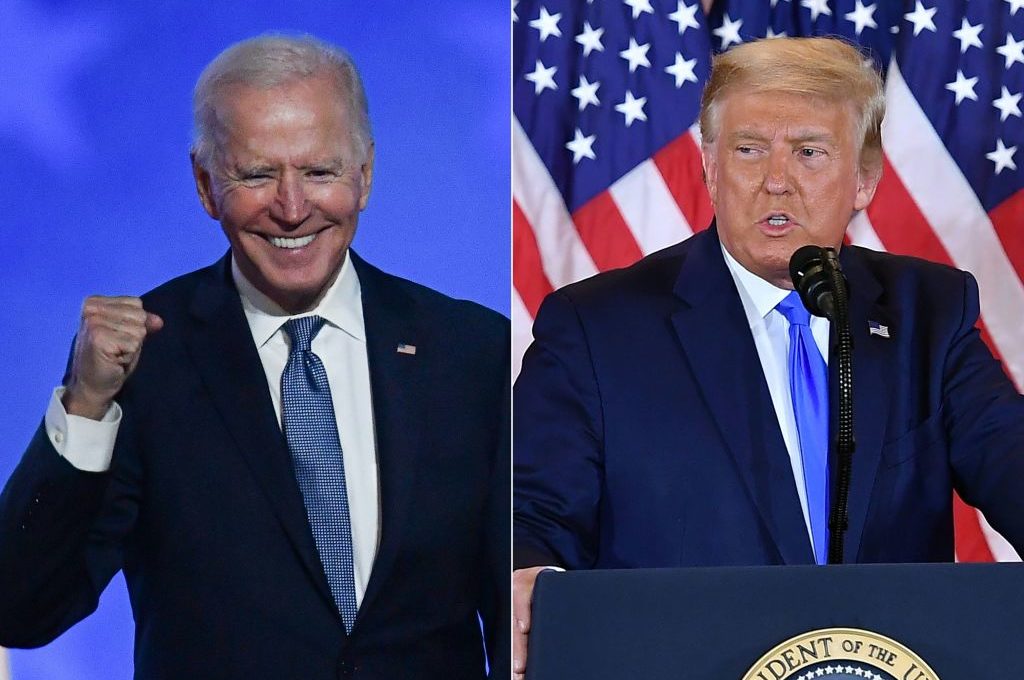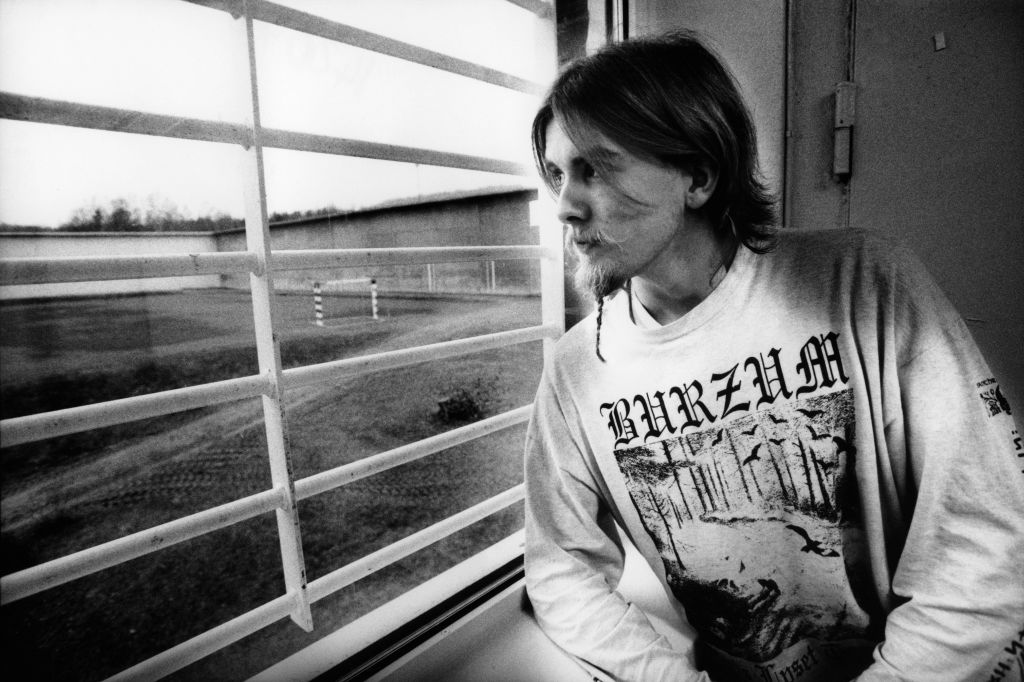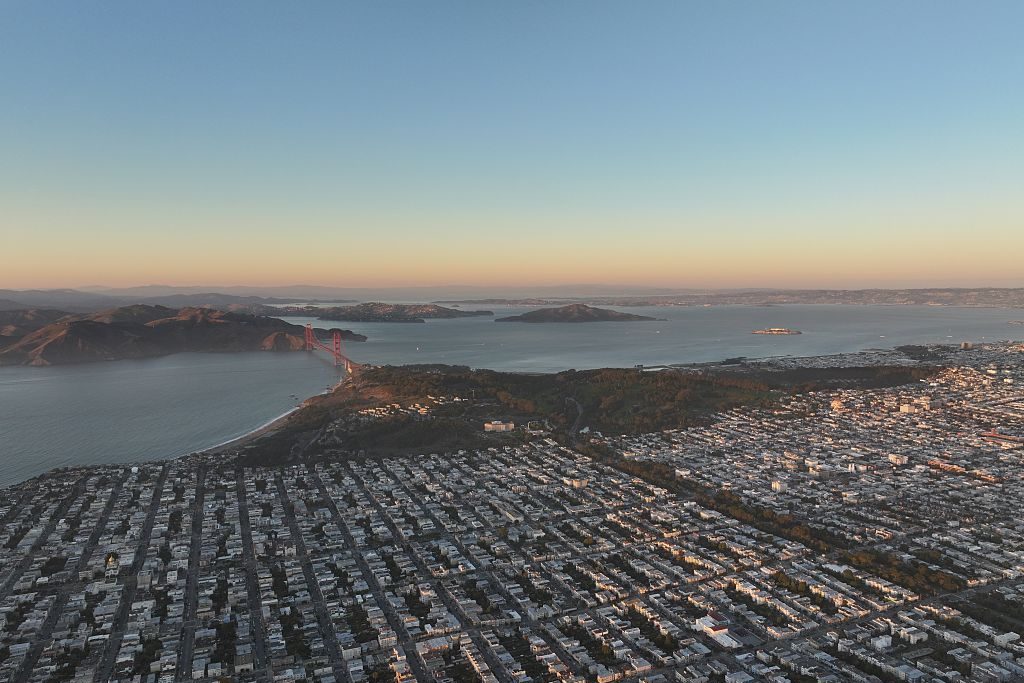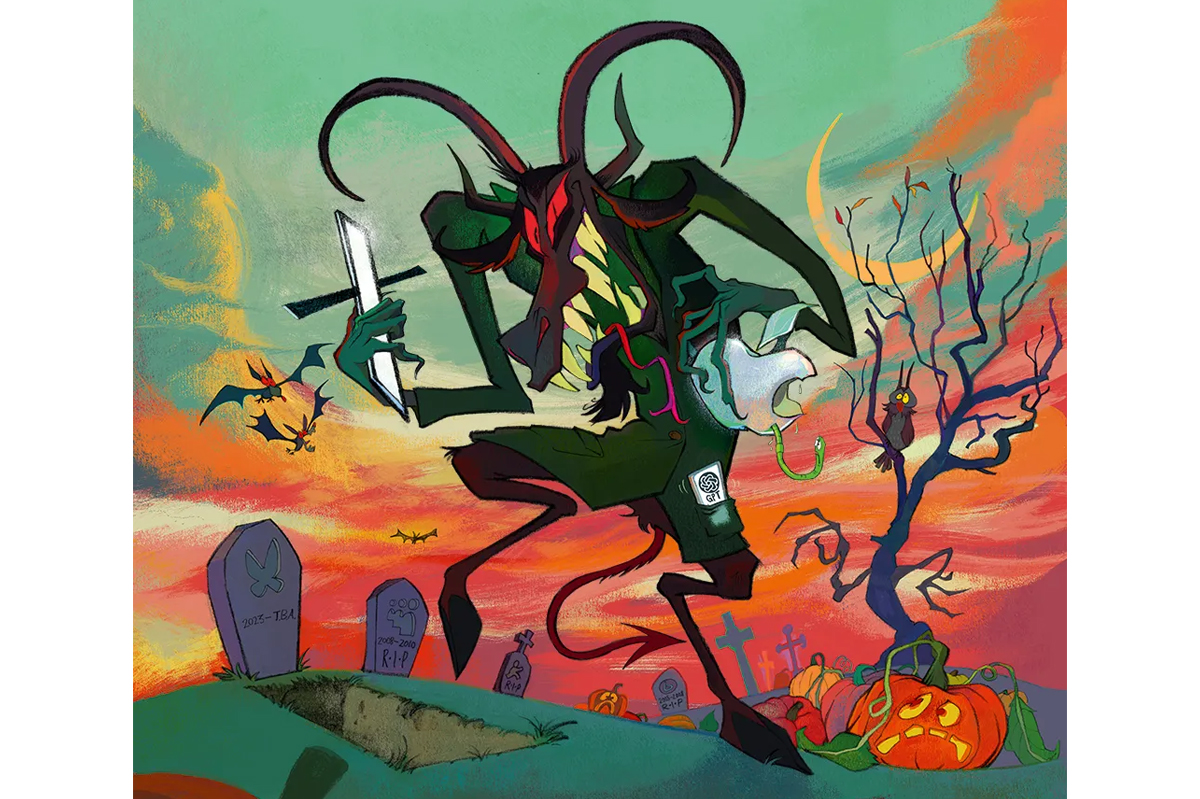When Joe Biden chose Kamala Harris as his running mate, the Religion News Service reported that she ‘now considers herself a Black Baptist.’
Black with a capital ‘B’, note. The upper-case letter is one of the shibboleths of identity politics: it’s Black, not black, lives that matter. In other places we read that Sen. Harris is just Baptist, with no mention of race — but we can be certain that if Harris describes herself as Black Baptist, it is with a capital letter. The lower-case designation ‘black’ has been regarded as disrespectful in the African American community since long before BLM. (The legendary civil rights activist W.E.B. DuBois felt the same way about ‘negro’: he had no major problem with the word, so long as it was spelled ‘Negro’.)
What does it mean for the junior senator from California to be a Black Baptist? A few years ago that would have been a silly question, but not now. Black Lives Matter and its supporters have redefined ‘Black’ so radically that their definition is incompatible not just with the Baptist faith but also with any form of orthodox Christianity.
So it will be interesting to find out if Harris is a ‘Black Baptist’ in the sense that the label is understood by members of the black-majority church she attends in San Francisco — or whether she’s prepared to embrace the concept of ‘Blackness’ favored by BLM, which combines elements of postmodern critical theory, romantic pantheism, and racism.
Third Baptist Church, San Francisco, was the first black-majority Baptist Church to be founded west of the Rockies, in the middle of the gold rush in 1852. Its current pastor, Dr Amos Brown, was one of eight students in the only college class taught by Martin Luther King Jr at Morehouse College in Atlanta. In 1961 he was one of the ‘Freedom Riders’ who traveled on buses in defiance of Jim Crow laws. But, unlike Jesse Jackson and Al Sharpton, he has never allowed political activism to overshadow his Christian ministry.
Although Harris’s mother was a Hindu and as a child she sometimes attended services at the local temple, black-majority Protestant churches have always been her spiritual home. When she moved to San Francisco, Third Baptist was an obvious choice, and a smart one. Not only does it have a legendary pastor, but it occupies a special place in the affections of African American voters. It’s in the Fillmore district, which was once known as ‘San Francisco’s Harlem’ but now has few black residents. Even Dr Brown admits that it would have closed years ago if it hadn’t been made an official landmark by the city.
Demographically it’s a church in decline, but you wouldn’t guess that from the number of outreach programs run by the pastor or by watching its services on YouTube. In the most recent ones there’s hardly any congregation at all, thanks to Covid. Typically for an almost exclusively Democrat church, the masking and swabbing-down are performed as solemnly as the rubrics of the Tridentine Mass. A political message creeps in from time to time, but there’s none of the deranged virtue-signaling you might find in an all-white Episcopal parish. Instead, the emphasis is on the overwhelming sovereignty of God.
You end up thinking: if this is what is meant by Kamala Harris’s Black Baptist beliefs, then she’s serious about her Christian faith and (though this is a long shot) might even be prepared to moderate her support for ‘abortion rights’.
But then you remember that Harris is a conspicuous opportunist, even by the standards of Capitol Hill. (Perhaps that’s what appealed to Donald Trump when he twice donated to her campaigns to become California’s attorney general.) Her own presidential bid collapsed last December, partly because a long career in enforcement isn’t a good look in today’s Democratic party. Then, almost overnight, she became a cheerleader for the far-left Black Lives Matter, and that did the trick.
[special_offer]
As I’ve written before, BLM’s postmodern identity politics are flexible enough to accommodate street anarchists, trans activists and Afrocentric fantasists. What they cannot accommodate is orthodox Christianity, which preaches, or should preach, radical anti-racism. For Christians, ‘there is neither Jew nor Greek,’ wrote St Paul to the Galatians. That is a message accepted by black-majority congregations, even though for historical reasons (such as the fact that they were banned from white churches) they have been defined by their ethnicity. But this is repugnant to Black Lives Matter, for whom ‘Blackness’ denotes mystical racial superiority.
The church leaders lining up to pay embarrassing tributes to BLM either haven’t noticed this or don’t care; it’s not their problem. But it will be a problem for Kamala Harris if, as vice president or president, she is dependent on the congressional support of the new breed of postmodern racists.
Already, Black Baptists are no more than voting fodder for a Democratic party fixated on winning the approval of switched-on millennials. What happens if, like orthodox Catholics before them, they are driven out of the party? Will America’s first Black Baptist president stand up for them? Or will she ‘consider herself’ something else by then?



